With enterprise IT forming the connective tissue that ensures companies operate efficiently, Experience Level Agreements (XLAs) have become an emerging trend, a few companies specialise in this sector. Working on this front, HappySignals, a Helsinki-based Employee Experience Management Platform for IT makes experienced data visible and understandable. This way, it enables enterprises to change their culture to be more open, data-driven, and outcome-focused.
Secures €4.7M Series A funding
Now, HappySignals has closed a €4.7M Series A funding led by Nauta Capital, along with participation from Vendep Capital. This funding takes the overall funding secured by the Finnish startup to €6.2M. The company will use this investment to strengthen its mission of helping enterprise IT lenders and scaling their presence in the US and Europe.
“We believe happiness and productivity are the keys to transforming business IT culture for the better,” says HappySignals CEO Sami Kallio. “We do this by giving enterprise IT leaders the employee experience data they need to make outcome-focused IT decisions that drive digital transformation.”
“In Nauta Capital, we’ve found the perfect partner to help us scale operations. Their strong track record of supporting B2B disruptors represents a wealth of experience that will ensure we make the right moves going forward. We are also extremely thankful for the continued support of Vendep Capital, who has been with us almost two years now,” he adds.
Focuses on employees’ happiness
HappySignals founded in 2014 Sami Aarnio, Pasi Nikkanen, and Sami Kallio makes employees happier and increases productivity by 26% on average. It measures the experience possessed by employees and gets high volumes of experience data and merges it with operational data. The experience data is shared with partners, vendors, and stakeholders in real-time and help clients reach their goals. HappySignals creates an experience-driven IT department and improves overall productivity.
Main image picture credits: HappySignals




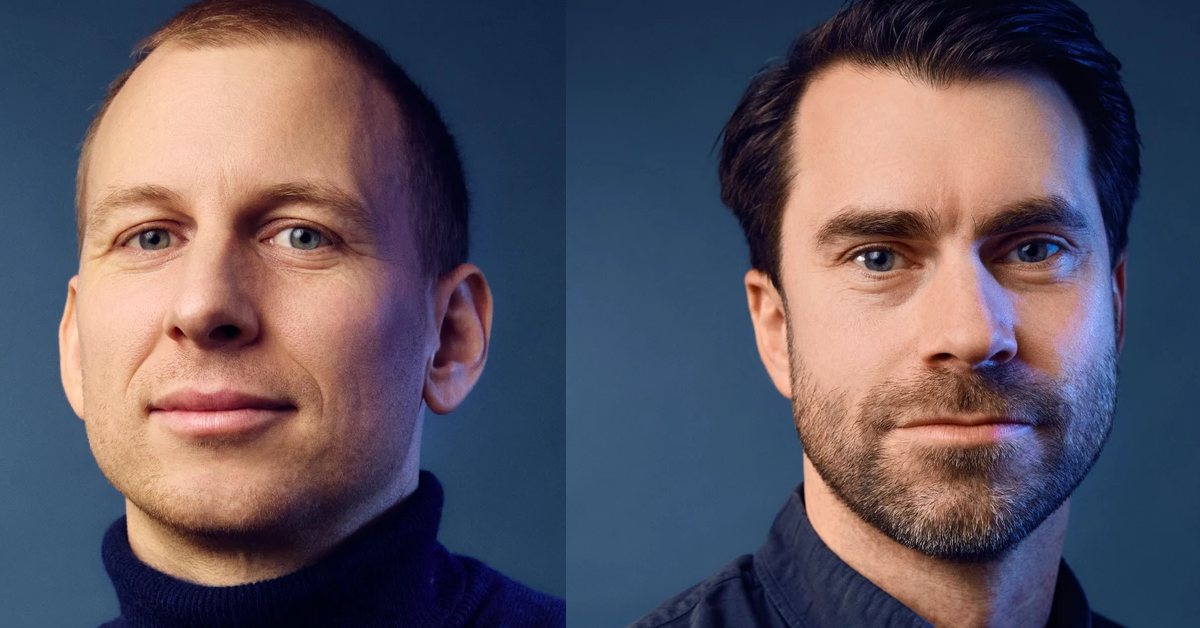
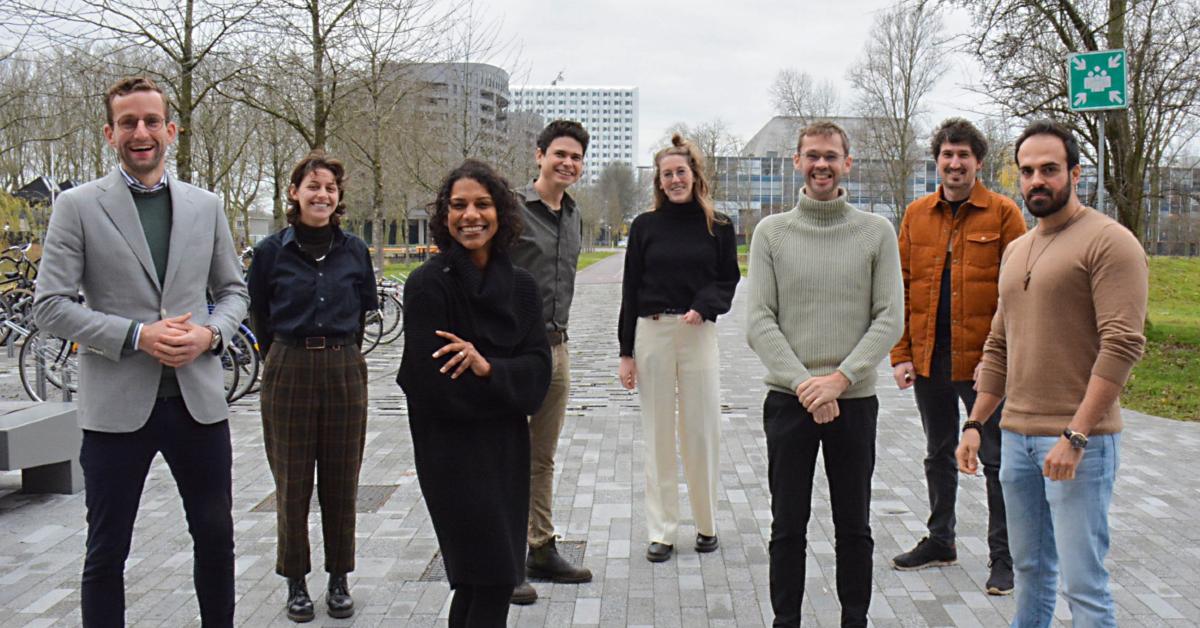
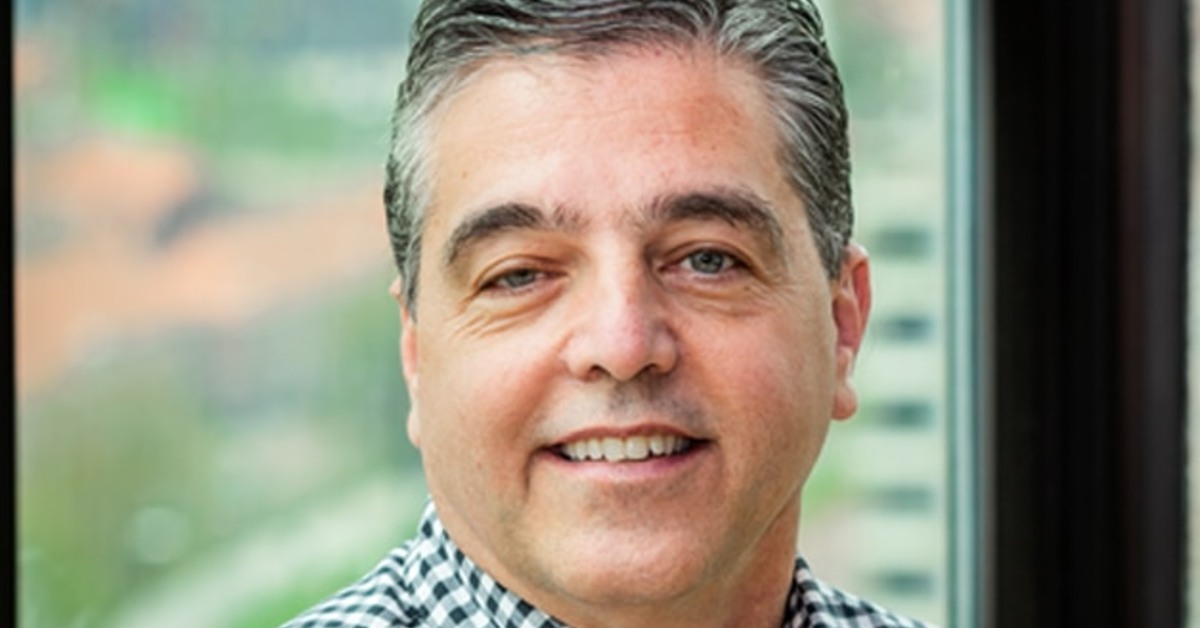
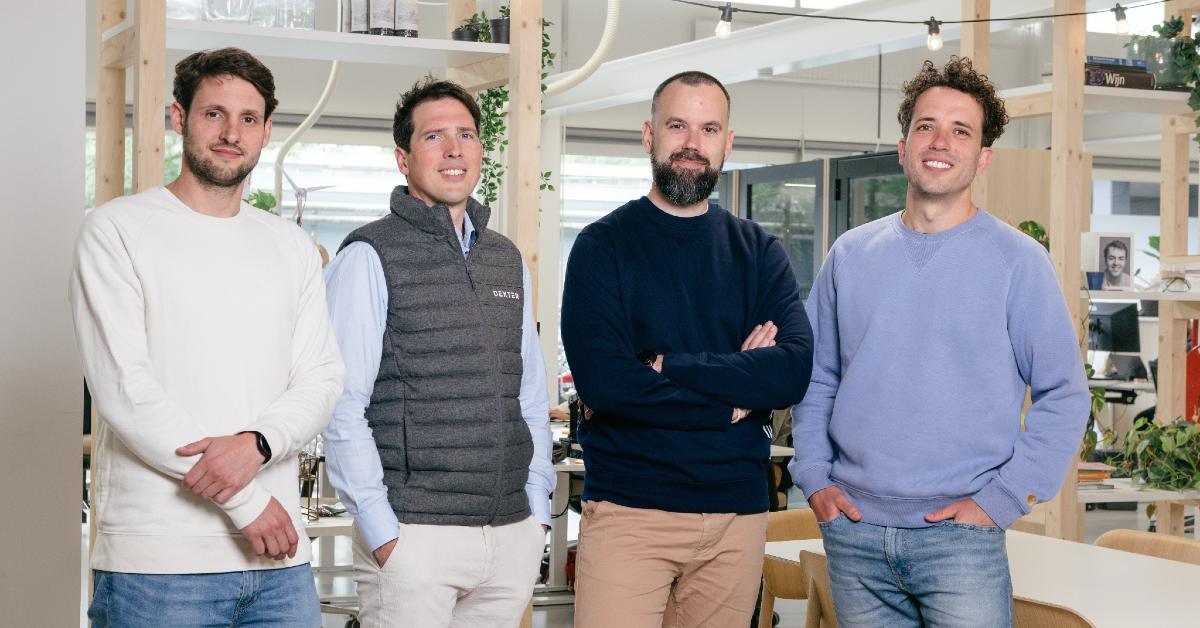
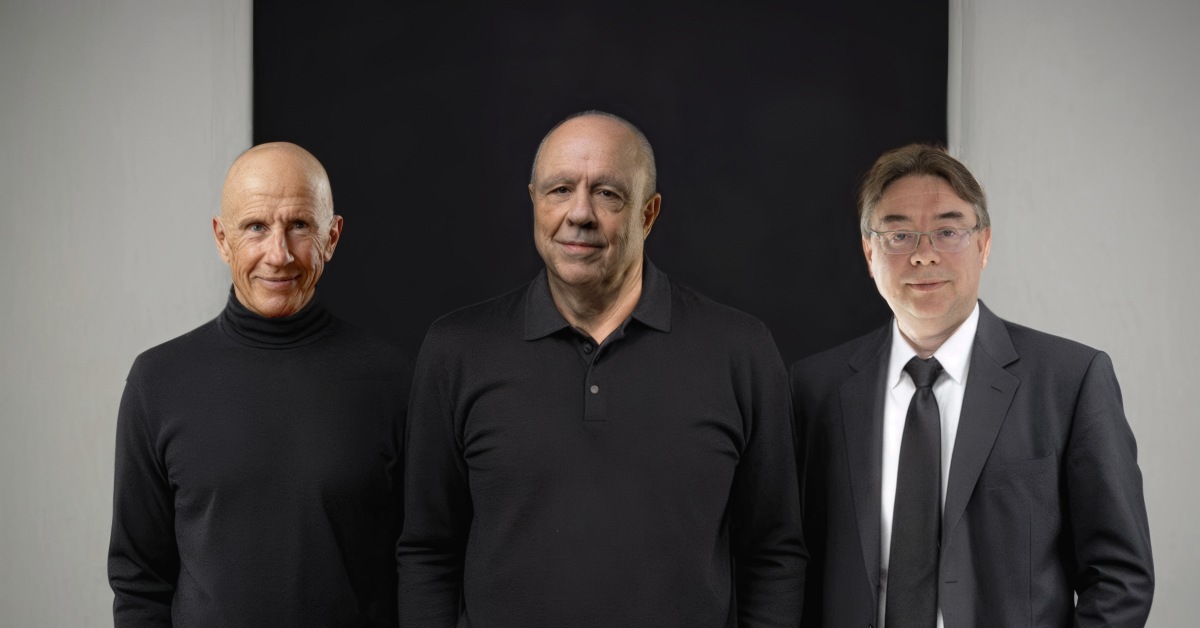

01
From telecom veteran to Dutch Startup Visa success: The Jignesh Dave story